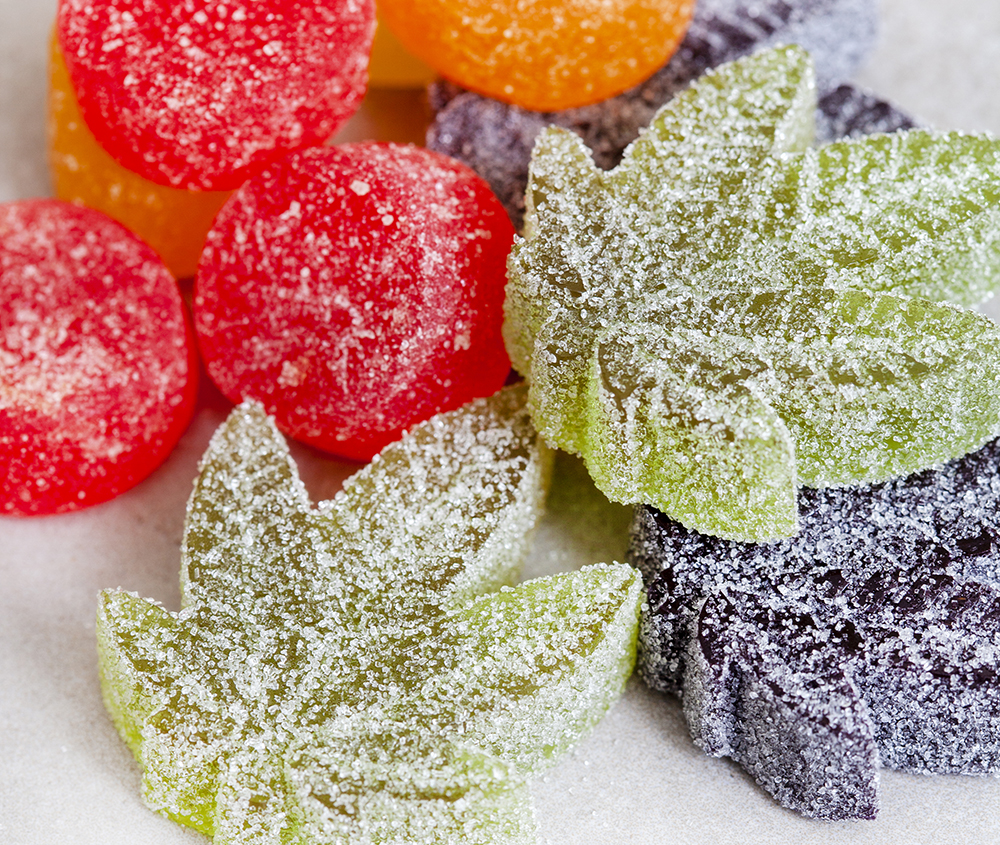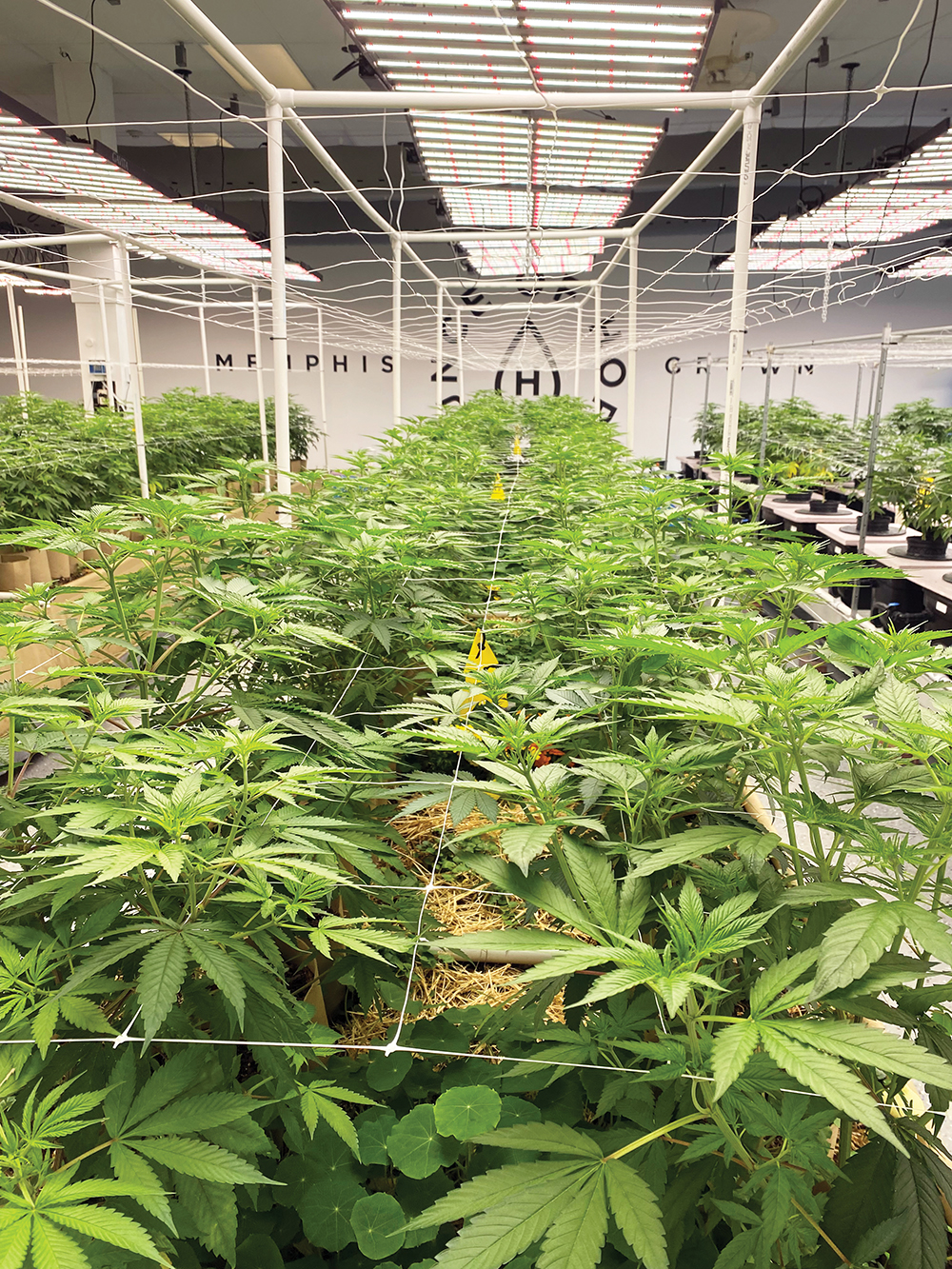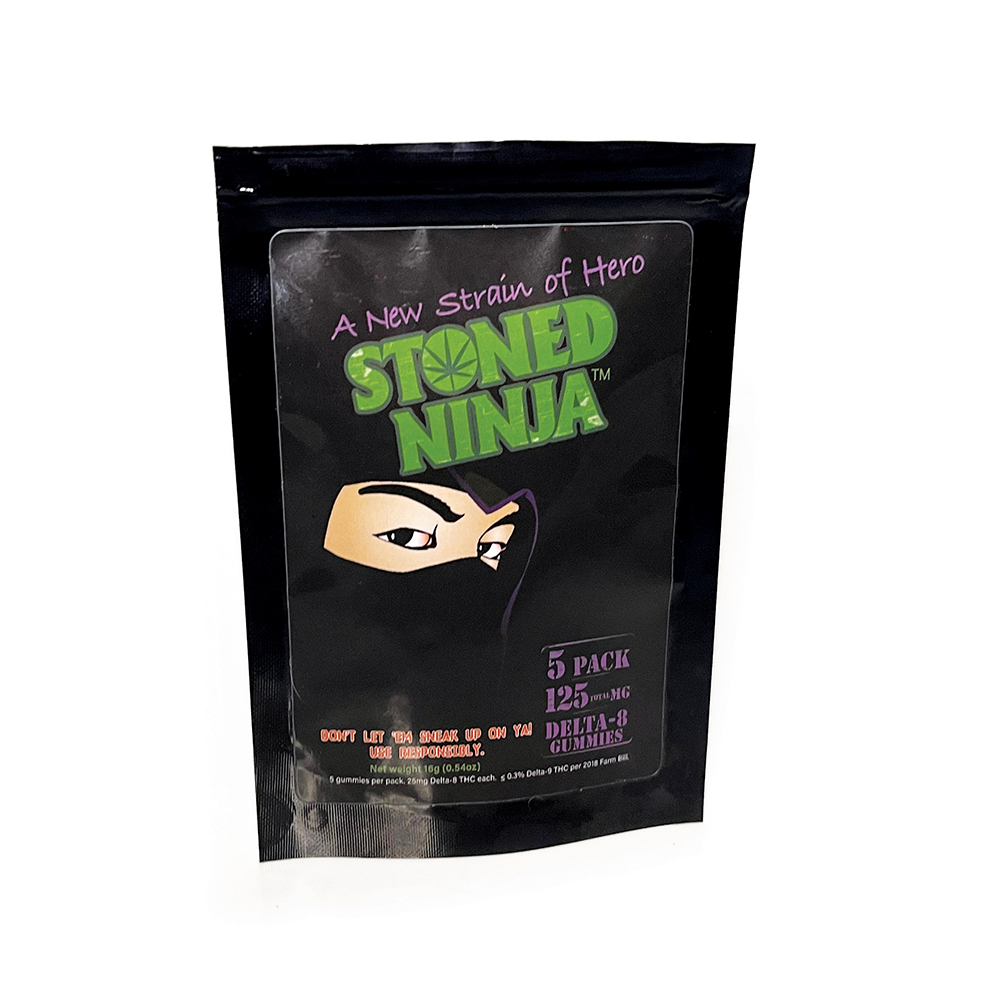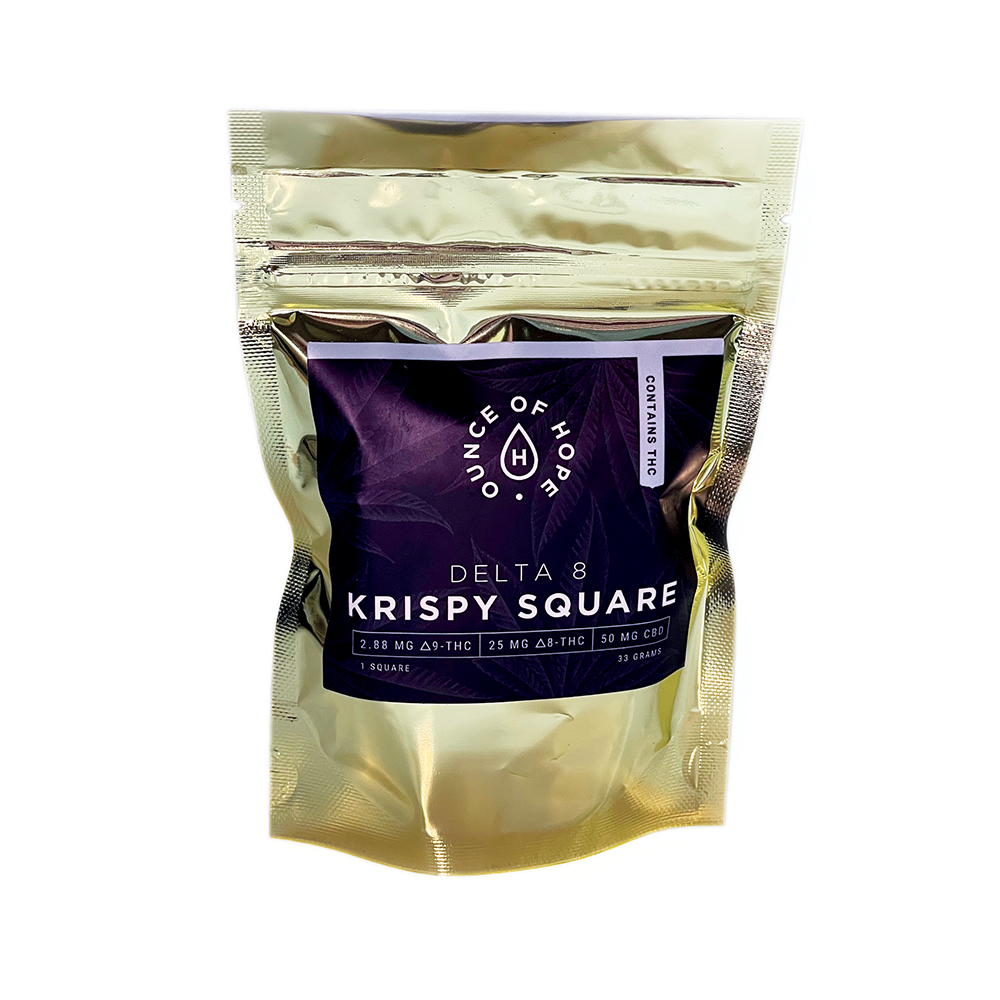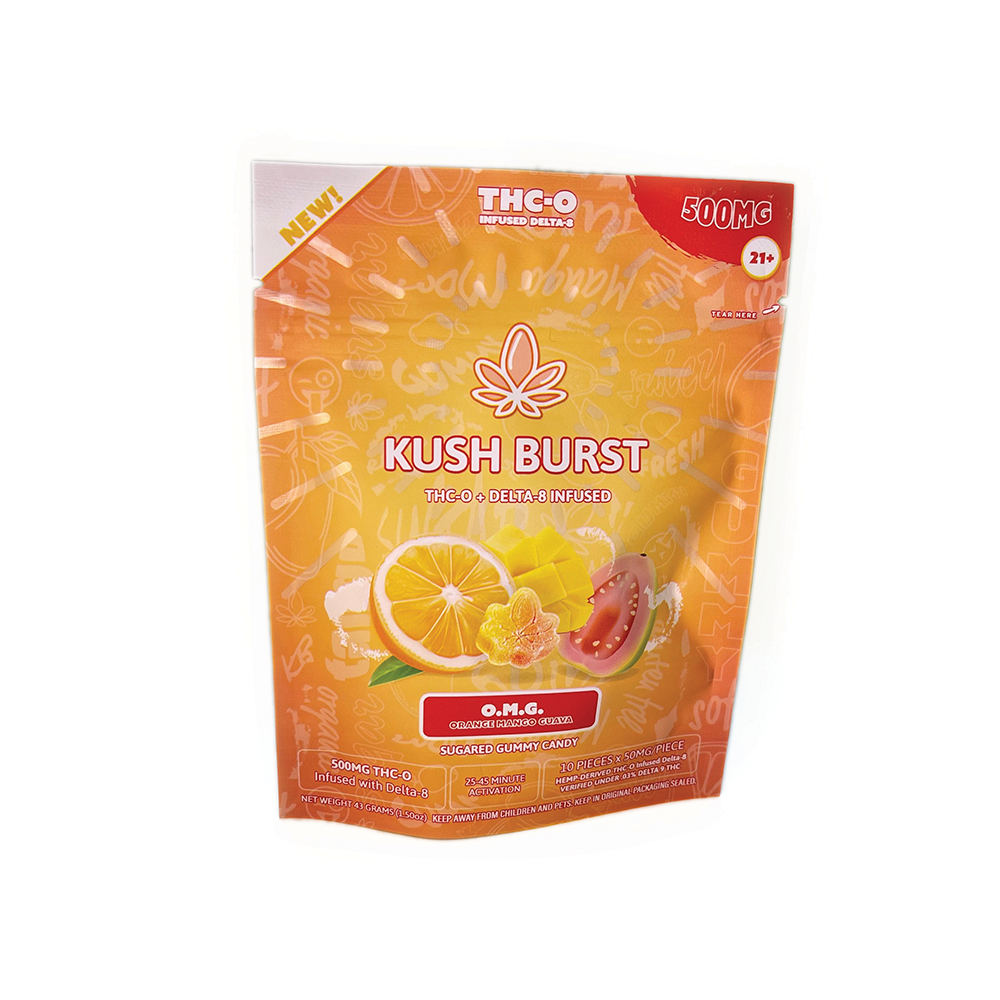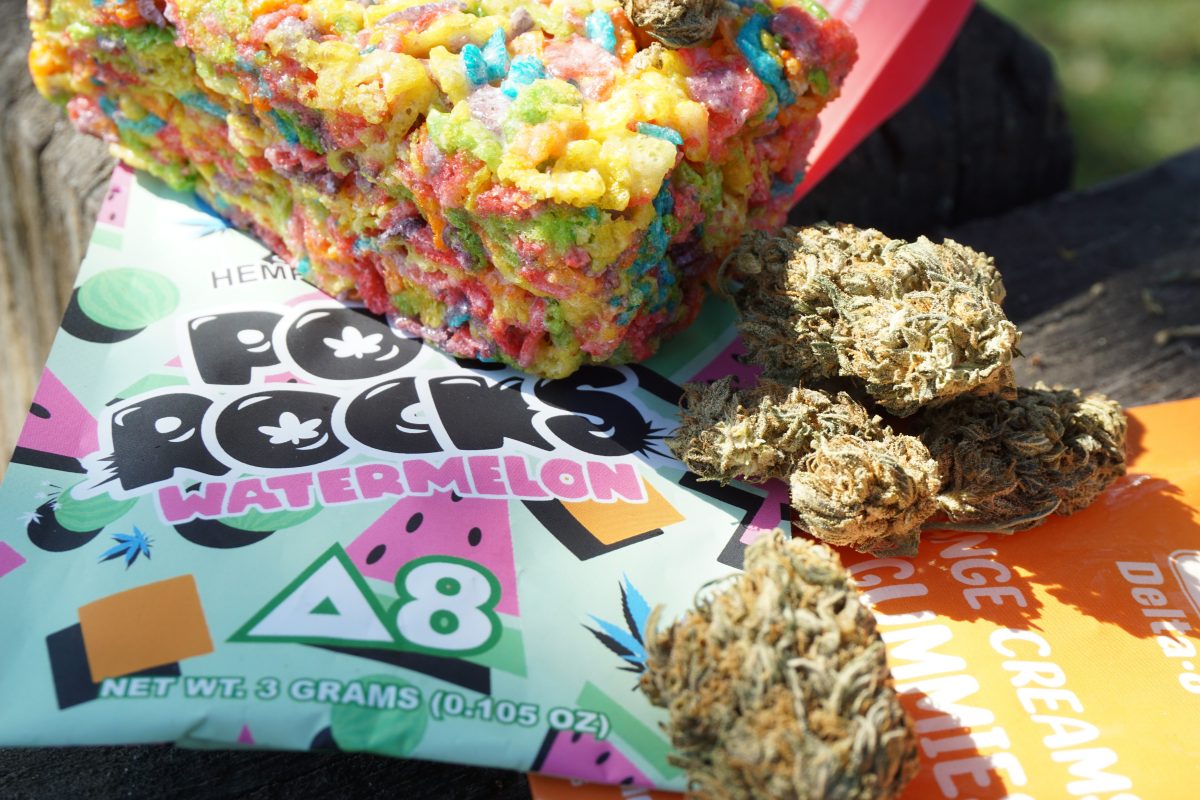Tennessee’s legal cannabis industry is in a sort of Wild West phase.
The frontier is fresh. The rules are loose. Peril is possible. Good folks outnumber the bad. And fortune awaits those brave enough to grab it.
But there may be a new (well, first) sheriff in town next year. His orders? Bring order to an industry now operating largely outside of government oversight by pioneers living by code if not by law.
Loose laws are evident all over the state. Look no further than the convenience store down the street or just about any truck stop along I-40. Colorful, psychedelic signs and posters promise mellow times with Delta-8 gummies, CBD vapes, and more.
The original hemp plants for those products do not have to be tested in a lab for heavy metals or pesticides. Processing facilities (that make the oil for the product) are unlicensed and not registered with the state. No license is required to sell hemp products. To make them, Tennessee companies need only register as a food manufacturing facility.
Those colorful labels on gummies and such can list a dosage (like 25 milligrams), but no one is checking that. So, it could be more, could be less, or could be nothing at all. Those labels can also say the product is for medicinal use (or anything at all) but no one is checking that either.
The products — many of which look like candy and which people typically buy because a small dose can get you high — are within a child’s grasp on store shelves. The packaging is, many times, appealing to children and can usually be opened as easily as a bag of gummy bears.
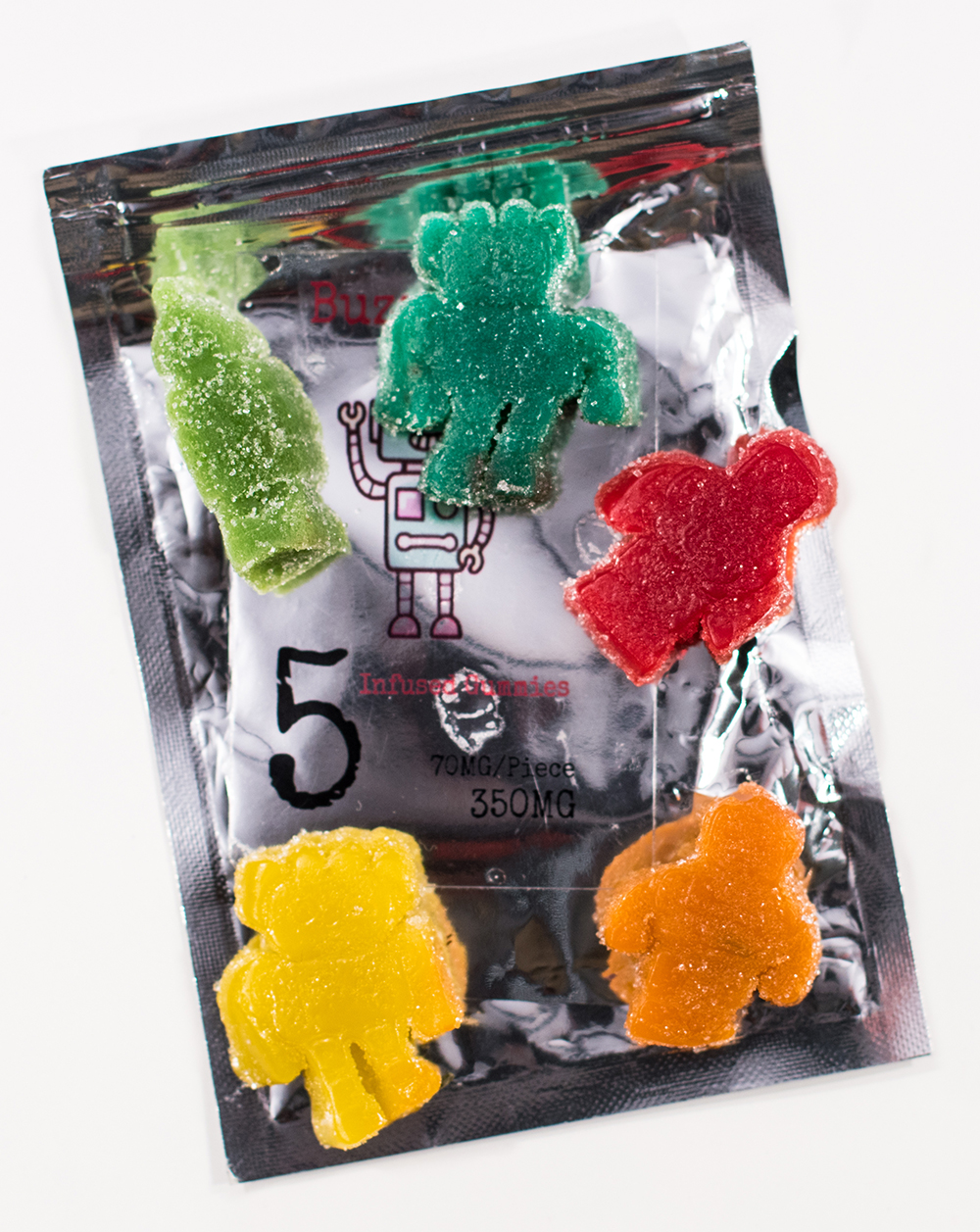
How did we get here?
Plenty of states were legalizing cannabis in some form before the 2018 Farm Bill. When the federal legislation legalized nationwide hemp production, many minds turned first to products like those rough-hewn pullovers from the stoner store at the mall.
But legalization opened an unexpected door. Scientists pulled hemp samples, examined them under microscopes, and found cannabinoids. These chemicals came with confusing, exotic-sounding names like Delta-8 and THC-O. But two things were not confusing. No. 1: Those chemicals found in perfectly legal hemp could produce drug-like effects in the body, similar to those in federally illegal cannabis. No. 2: People wanted that.
From there, pioneers poured into Tennessee’s new, green frontier. First, local head shops began carrying these new products, most of the time in tinctures or oils — still pretty far-out-there stuff for workaday parents who might usually have turned to a glass of wine to ease anxiety.
Then, hemp stores, CBD shops, and even upscale Delta-8 lounges popped up in strip malls everywhere, promising “legal weed” from neon signs to those who sought it out. Somewhere along the way, these products became ubiquitous, routine, as normal at the Mapco as chips and beer. Also, those workaday parents began not thinking twice about turning to the once-taboo THC to ease that anxiety.
No one locally allowed these products in the state. The Farm Bill passed and then they just sort of showed up, initially leaving lawmakers (especially conservative lawmakers leery of that wacky tobacky) scratching their heads.
The law firm Bass, Berry & Sims said on its blog, “Without any parameters in state law, Tennessee found itself with a completely unregulated product market rife with false advertising, consumer misuse, and a sustained spike of nonlethal overdoses.” The overdosing is real, especially among children.
Last year, Dr. Rebecca Bruccoleri, director of the Tennessee Poison Control Center, told Knoxville’s WBIR-TV that her team received 115 calls from people concerned about consuming Delta-8 last year — 32 of those calls concerned children under age 5. Doctors at Vanderbilt University Medical Center (VUMC) saw an increase of child-related THC visits, too. Children would present to the emergency room with “excessive vomiting, seizures, altered states of consciousness, and severe depression in breathing that … led to the need for intubation and admission to the pediatric intensive care unit,” the hospital said on its blog last year.
“These edibles resemble candy, and, to young children, they probably even taste like candy,” said VUMC’s Dr. Marla Levine. “They are not stopping at one bite or a nibble. They are consuming the entire piece or possibly pieces. They have no understanding that there are drugs inside.
“The doses that are in these products vary. There is no standardization. Children are exposed to a much higher dose of the drugs leading to a dangerous and oftentimes toxic level in their systems.”
Legislators made much of these reports during this year’s session and they may have, in fact, tipped the scales on this year’s cannabis regulation bill.
The new cannabis bill
While the market here matured around new attitudes toward hemp and all of its products, regulation has been promised (if not threatened) for the Tennessee industry. It came this year.
A bill from GOP House Majority Leader Representative William Lamberth (R-Portland) opened the discussion on the state’s loose cannabis laws last year. (A previous bill from him sought to outlaw all hemp-derived products here.) Even with several committee meetings, testimony from industry leaders, and much work done behind the scenes, the bill failed but work on it continued.
The refined version of this year’s bill was passed on April 20th (*chef’s kiss*) and sent over to Tennessee Governor Bill Lee’s office last Wednesday, May 3rd. That gave him 10 days (excepting Sunday) to move on it. So, Lee has until Saturday, May 13th, to sign the bill, veto it, or let it pass without his signature.
Should the bill pass, the Tennessee Department of Agriculture (TDA) will control the state’s effort to regulate hemp products. If it does, hemp companies, retailers, and hemp consumers will find Tennessee’s Wild West frontier tamed by a man with a badge — a state employee’s ID badge.
That man’s name is Danny Sutton. He has the un-Wild-West job title of assistant commissioner of the Consumer and Industry Services Division of the TDA. It’s a regulatory division of the department that inspects and permits everything from bottled water and retail food stores to dairy farms and beekeepers.
Back in 2015 Sutton’s division of the TDA began oversight of what was then the state’s brand-new industrial hemp program, when the crop was most likely intended to make rope, concrete, and those hippy pullovers.
That changed with the Farm Bill and the discovery of those cannabinoids. The word “industrial” was all but phased out and Sutton’s team now travels the state testing hemp plants to ensure the THC levels in them are below the mandated .3 percent.
Once that testing has been done and the plants have passed inspection, the TDA is out. (If they don’t pass, the plants are legally destroyed.) Whatever happens to that legal hemp and its cannabinoids after a TDA test is up to the farmer and the market. As Sutton said, “It’s just another crop,” and it’s one that thrives here.
“I’ll be brutally honest,” Sutton told members of the Tennessee Medical Cannabis Commission (more on them later) last month. “The state of Tennessee has the perfect weather and the perfect dirt to grow pot. It’s a good crop here. It used to be one of the largest crops grown in our state, along with barley.”
The hemp regulation bill on Lee’s desk would task Sutton’s team with a new program to manage cannabis and an edible foods program (like gummies) from the plant all the way to the shelf.
Should the bill pass, the TDA will begin to register and license every company up and down the hemp supply chain from farmers, transporters, laboratories, to retailers. This is expected to be the first line of defense to root out bad actors and bootleg operations.
Each batch of cannabis would have to be tested by a third-party lab for toxins, but also for “the presence and amounts of cannabinoids.” This is important for consumers who could then trust that the 10 milligram brownie they bought actually contains THC and actually contains 10 milligrams of it. This is also expected to filter out more of those bootleg operators.
New retail stores could not be established within 1,000 feet of a K-12 public, private, or charter school. In stores that aren’t 21-and-up, all of the cannabis products would have to be behind a counter and inaccessible to customers.
No single serving of a product could contain more than 25 milligrams of any cannabinoid. Product labels would have to list dosage amounts, ingredients, possible allergens, and a nutritional fact panel.
Product containers would have to be child-resistant. Nothing about those containers or their marketing could depict or signify “characters or symbols known to appeal primarily to persons under 21.” No ingestible hemp product could be made “into the shape of an animal or cartoon character.” So long, hemp gummy bears.
At work, employers would not have to accommodate the use of hemp products or accommodate an employee working under the influence of it. Employers could also continue to “enforce a drug-free workplace” program. This means firings for positive drug tests are still on the table, and the bill does not allow for any cause of action against employers for wrongful discharge or discrimination in hemp-related firings. So you can’t sue your asshole boss because you failed a piss test, bro.
Homeowners and business owners don’t have to allow or admit guests or customers carrying hemp products or who are under the influence of them. That means if you’re carrying or high, neither your neighbor nor your local watering hole has to let you in.
Driving high? Nope. The bill outlaws operating “a motor vehicle, aircraft, motorized watercraft, or another vehicle while under the influence of a hemp-derived cannabinoid.” It says you can be prosecuted for a criminal offense related to being high on hemp and you must “submit to a breath, blood, urine, or other test to detect the presence” of the substance. However, it does not lay out penalties for getting caught.
Also, the law would restrict hemp sales to those over 21. Sell it to a minor, buy it for a minor, or get caught with it as a minor, and you’ll get popped with a Class A misdemeanor. In Tennessee, that can get you up to 11 months and 29 days in jail, fines of up to $2,500, or both.
The law also sets a bar for hemp businesses. Caught operating outside the state’s new law, owners could face a Class A misdemeanor charge, the same criminal charge for theft under $1,000.
Kelley Mathis Hess, CEO and lobbyist for the Tennessee Growers Coalition, worked with legislators on the regulation bill. She said it will, ultimately, solidify the industry here and give it some credibility. But she thinks the misdemeanor charge is a step too far.
“There are already penalties for operating a business outside of the law,” Hess said. “We don’t support other levels of criminalization when there’s already systems in place for that.”
Collin Bercier, founder and owner of Memphis-based Ounce of Hope dispensary and aquaponic farm, said he has mixed feelings about the new regulations. The industry largely self-regulates, he said, on things like not selling products to those under 21. The 6 percent privilege tax will impact the industry and its customers, but “it is what it is.” Bercier said he’s at least glad lawmakers didn’t try to (once again) kill the industry completely.
“As far as what we are currently operating under in Tennessee, it’s probably the best rules and regulations on the hemp side in any of the states,” Bercier said.
But what about medical?
While work on hemp legislation has continued over the past few years, the Tennessee Medical Cannabis Commission has only watched from the sidelines. But they may get in the game sometime soon, and what some have suggested to them recently could blow the lid for cannabis in Tennessee.
The group was created by the legislature in 2021 to study other states’ medical cannabis programs (not hemp derivatives like Delta-8, but full-bore THC), to build a framework of a program here, and to see if Tennessee even needs a program at all. Since September of that year, the commission has studied. And that’s all they’ve done. And they’re kind of bored.
Members have quit because they just didn’t make it to many meetings. The group has a hard time raising a quorum even if they should ever need to vote on anything. They have money to hire an executive director. But they haven’t because they’re not sure exactly what that person would do and fear they may not get great candidates given the uncertainty around the state ever getting a medical cannabis program.
Members say, “We’re currently regulating nothing,” and that the mixed signals from the legislature — the body that created the group — range from silence, calls for them to slow down, or even the cold shoulder. They are “begging for direction,” they say, and get none.
Should they even keep meeting monthly, they asked last month? They’re knowledgeable in the field by now, but lawmakers just gave the reins of a hemp program to the agriculture department, not the health department. Medical cannabis bills rise and fall with regularity at the state house. What does the legislature even want with them?
A medical cannabis bill, as it turns out. That was the word from veteran lobbyist Melissa Bast last month, testifying to the commission on behalf of two cannabis-forward groups, Tennesseans United and the Tennessee Research Institute. Those bills that rise and fall each year are retreads from familiar places, she said, and lawmakers want something new.
“What I am hearing from the leadership is that they want [a bill] to be from the [Tennessee Medical Cannabis Commission],” Bast said. “They want it to be your bill brought forward. They want it to be vetted … and to be brought forward in a timely manner so that all the departments can see it and all the members can see it so we can get it ready for 2024. I’m hearing this is the path.”
With that, Bast pushed commission members to continue their work, even speed it up if they could.
The lid-busting element of Bast’s plan (aside from the commission’s bill) would be to remove the state’s requirement not to move on cannabis until the federal government removes it from the Schedule I. President Joe Biden made some cannabis reforms last year but did not remove it from the highest tier of illegal drugs, where it still sits next to LSD, meth, heroin, and peyote. Other states have fully legalized cannabis even though it remains a federal crime. Tennessee law says it won’t until the feds say it’s okay.
“Every state that touches us has a program and we don’t,” said cannabis commission member and Manchester pharmacist Dr. Ray Marcrom. “Many times we have delivered that message [to the legislature]. We’ve received nothing back.”
“If eight states around us have [at least a medical cannabis program] if nothing else, look at the revenue we’re losing in Tennessee. But more importantly, think about the patients we’re not taking care of.”
Ounce of Hope’s Bercier said he hopes the state gets a medical program next year but also keeps a wary eye on them.
“The dirty little secret at this point in Tennessee is that the way we are operating now is better than a medical bill,” he said. “Inside of a medical bill lies a lot more overreaching and ridiculous regulations. Not to mention that when you get thrown into the medical licensing, you are now subject to the federal government’s illegality. There’s a lot of bad things about that. But from the business perspective, once you … put yourself into the medical market, you now do not have a lot of the tax benefits that you do [under a hemp-only program].”
The legislature put a price tag on the revenue from hemp sales. The fiscal note with the new bill adds a 6 percent privilege tax to those products on top of state and local sales taxes. This is expected to yield $10 million a year for the state’s coffers.
Should Governor Lee allow the cannabis regulation bill to become a law, businesses would have until July 2024 to comply, getting their licenses from the state and such. While the TDA will take some time to finalize some rules, consumers could see changes in the way they buy hemp here as early as this year.
